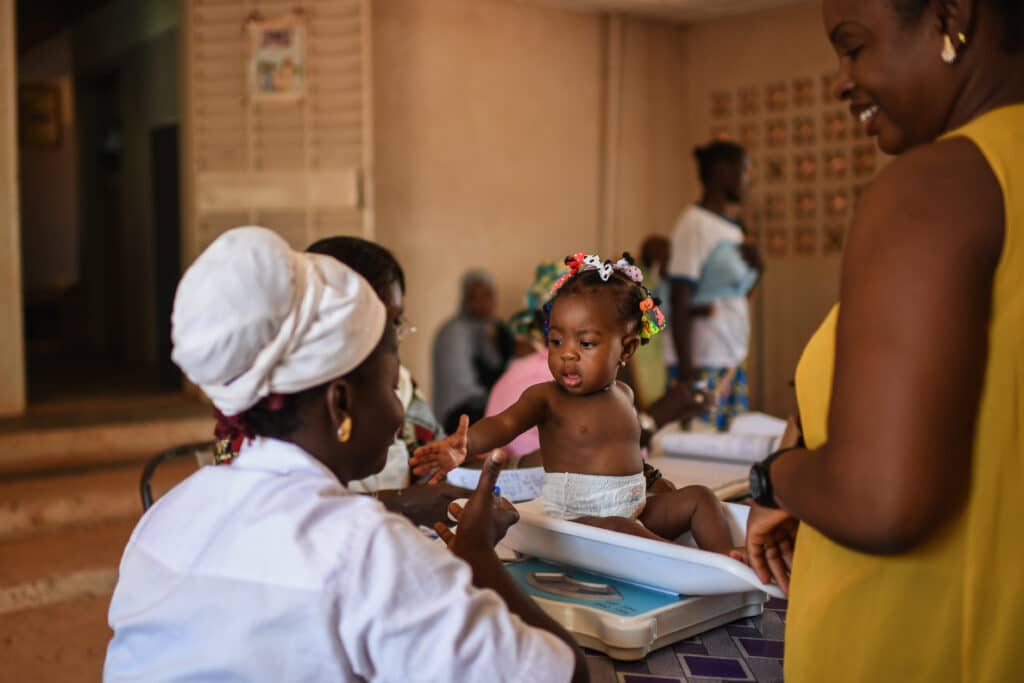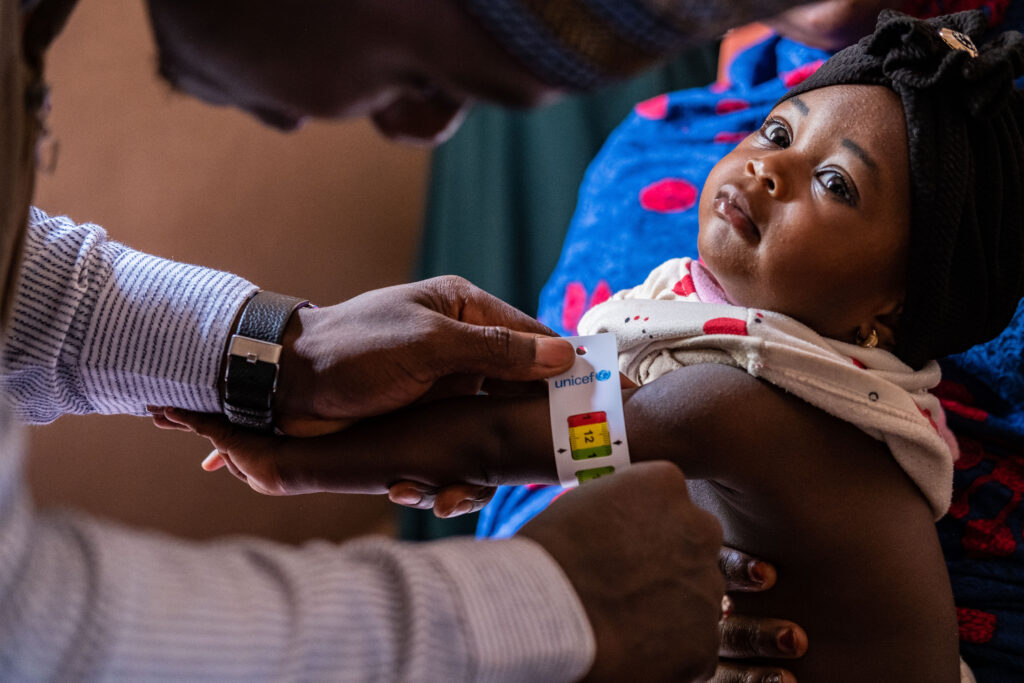Although malnutrition is entirely preventable, today, more than one billion women and girls are malnourished. Cultural norms around diets, food access, early marriage, and schooling place women and girls at an inordinately high risk for malnutrition. Despite the biological need for more nutrients during reproductive years, women all too often eat last and least, resulting in significant consequences for a woman and her child during pregnancy.
More than 20 years of evidence shows that the United Nations International Multiple Micronutrient Antenatal Preparation Multiple Micronutrient Supplements (UNIMMAP MMS) is a superior prenatal vitamin for pregnant women compared to iron and folic acid (IFA). Containing 15 essential nutrients, MMS has a similar impact to IFA on anemia but performs better in preventing babies from being born too early and too small, helping them survive and thrive.
In low- and middle-income countries, where the prevalence of maternal anemia and risk of child mortality is high, the World Health Organization (WHO) recommends that pregnant women be given a supplement containing only two nutrients, iron and folic acid. In high-income countries, however, doctors have long recommended that mothers take prenatal vitamins containing a much fuller spectrum of vitamins and other essential micronutrients during pregnancy. Amidst sufficient evidence, this double standard perpetuates global gender and health inequality.
Experts and practitioners agree, it’s time to switch IFA with MMS and strengthen access to antenatal care so that more women have a full course of high-quality prenatal vitamins.
Photo Credit: © UNICEF UN0792386 Ayene





